Grieving your child’s departure

We’ve had wrens building two nests in our garage this past spring. They built them amongst the paint cans on the shelf. It’s a place where they are safe from our cats.
They’ve been busy – in one nest they’re raising a brood of five little chicks. Today when we checked on them, one enter…
By Seth Barnes
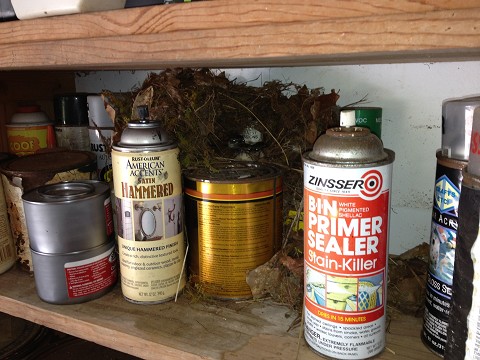 We’ve had wrens building two nests in our garage this past spring. They built them amongst the paint cans on the shelf. It’s a place where they are safe from our cats.
We’ve had wrens building two nests in our garage this past spring. They built them amongst the paint cans on the shelf. It’s a place where they are safe from our cats. They’ve been busy – in one nest they’re raising a brood of five little chicks. Today when we checked on them, one enterprising bird tried to fly. He didn’t fair well, and wound up hopping around on the garage floor. Twice I tried to put him back, and twice he half flew, half fell out again.
I was thinking about how scary this nest-leaving process can be for any youngster and the mother that has protected him or her from the cruel world. It’s hard. We all sense it needs to happen: The youngster is too big for the nest. Something inside him has been telling him that for a while. The call of the wild has been echoing in his spirit. His limbs have been growing – he senses that he was made for something bigger than the nest.
But everything in a mother is built to protect her offspring. Her life has been structured around caring for her children. There is nothing she can do to stop her natural instinct.
This is as true for a human mom as any mother in the animal kingdom. She can’t help thinking about what could happen outside the nest. The “what if?” question arises again and again with no good answer. It’s a normal feeling that needs some kind of an override switch so that her child can get on with his or her life. Her child needs to test his wings. He needs to see the big world.
So, if you’re a mom whose child is in the process of leaving the nest, how do you do it? The world can be cruel. Err too much on the one hand and your naive child may feel thrown to the wolves. Err on the other side and your kids are delayed in growing up.
Three things to bear in mind:
1. Recognize that this is normal. All parents whose children grow up go through this process. It’s not easy, but it is the natural order of things.
2. Grieve it. Loss requires grief. It’s hard to let go, and when you do, your emotions may well lag. Give yourself permission to feel the pain of the loss. Your babies are grown and gone and life will never be the same. Yes, there may well be grandbabies one day, but for now, you are entitled to a good cry. Journaling about it can help. Joining some kind of group may help you work your way through what you’re feeling.
3. Maintain an appropriate distance. This is not about you. This is about giving your child the opportunity to grow up, develop their own decision-making skills and feel the pain of failure. Lots of parents do this process poorly. Their kid needs to get space to be able to figure out who he or she is, but instead they’re receiving regular Skype calls from mom.
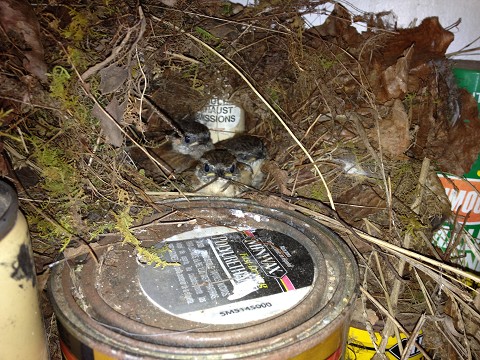 At Adventures, we’re currently in a busy season of launching teams all over the world. Lots of goodbyes being said. We are interested in helping not only the young people who are leaving, but their parents who get left standing and waving on the curb.
At Adventures, we’re currently in a busy season of launching teams all over the world. Lots of goodbyes being said. We are interested in helping not only the young people who are leaving, but their parents who get left standing and waving on the curb. Karen and I have done this five times and it’s never gotten easier. Even as we felt the knots in our stomachs, we knew that this was what we had prayed and prepared for all their lives.
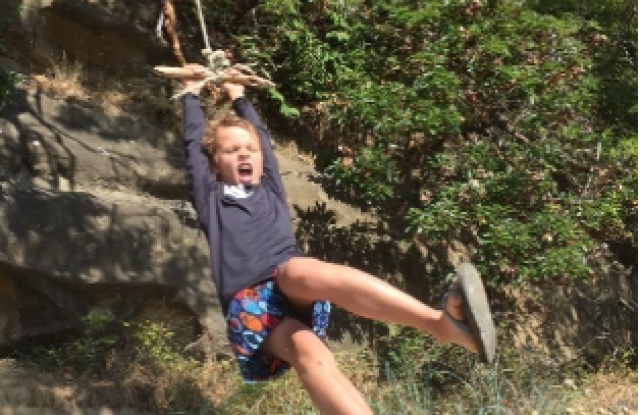
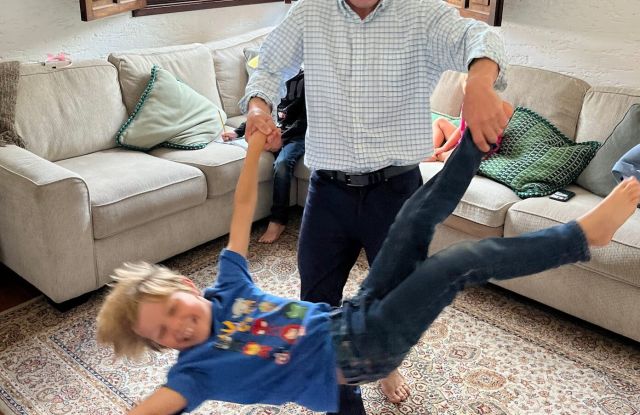
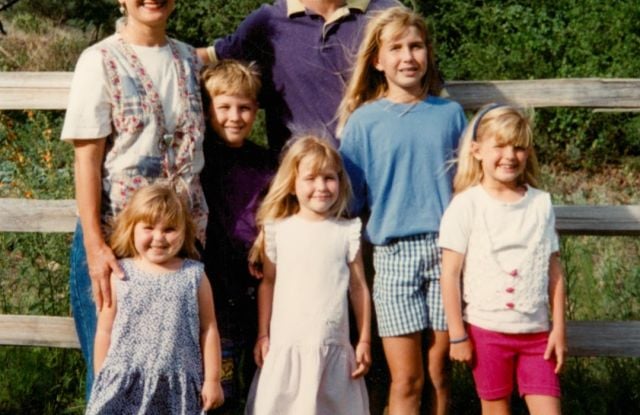
Good stuff Seth! Hopefully by the time our kids are ready to strike out on their own we’ve equipped them to the best of our ability – then we must entrust them into God’s hands!
Thanks. I needed that!
Very timely Seth. Thanks.
Thanks, Seth. Yes, timely. It’s not only the outward leaving, but the inward “leaving” to some degree that is also normal and necessary. There is a CHANGE. And that is also a mama’s loss to be grieved. I think it’s harder when you’ve homeschooled and bonded in various ways 24/7. But I will find joy in watching her FLY….albeit with my heart in my throat at times!
Thank you, Seth, for this very tender tribute to us forlorn mothers/fathers, whose passage from close parenting to a distant monitoring is fraught with prayerful tears.
Seth, as you know, our son Frank IV, his wife Rebekah are leaving for Ireland with no return date in the works. It is very hard to not want to hold them back and protect them both…but how can I possibly alter the work they will do. The only comfort we survive with is they will be doing God’s work under HIS direction and protection. What an honor to be used for HIS GLORY!!Lets go and make disciples of all Nations!!
Frank III
This gives me knots in my stomach thinking about how I will do this some day, yet it puts a HUGE smile on my face! Simple yet good blog.
Thanks for this post, Seth. It actually just hit me today how much I am going to miss my son (lots of tears!). This will be a huge transition for both of us as he has never been away from home more than a month. It is without a doubt though that this is God’s will for him and that is my solace. Perhaps it’s harder when you’ve only been raising them for 11 years and then they leave the nest. 🙂 Regardless…we have to let them fly.
Such an appropriate topic for me as my firstborn has graduated from high school this year. I’ve been wrestling long and hard with his impending departure. But the Lord is trustworthy and faithful and will be with Daniel. Letting go, wow, there should be a support group for us parents!
Great analogy and object lesson for all parents! Thanks for posting ??